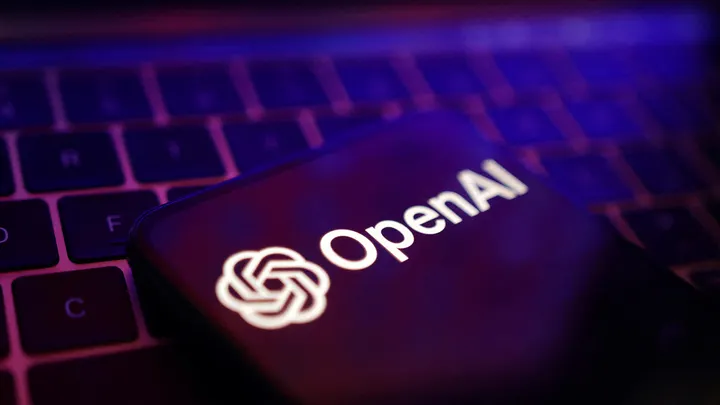OpenAI, the AI research institution behind the hit ChatGPT, has closed a record $40 billion funding round, making it one of the best-capitalized private technology companies ever. The transaction not only represents a milestone for OpenAI but also reflects the general investor optimism surrounding AI-based innovation at a time when AI applications continue to spread across sectors.
Several major venture capital groups and strategic corporate investors pooled resources in this investment drive, lured by the established success of OpenAI to develop pioneering frontier AI innovations. The research laboratory’s disruptive language models, such as ChatGPT, have drawn substantial interest among consumer and business end-users, based on their ability to transform business workflows in markets as diverse as customer support and education to application programming and artistic content. Commentators point out that this $40 billion round is a testament to increasing confidence that AI technologies will support a key wave of change throughout the world economy. It will transform everything from healthcare and finance to manufacturing and entertainment.
OpenAI, under CEO Sam Altman, has attracted both admiration and criticism for its rapid expansion and ambitious scope. Founded with the mission to ensure that artificial general intelligence benefits all of humanity, the organization has evolved into a hybrid model incorporating both non-profit and for-profit objectives. In earlier years, the group famously received investments from tech luminaries like Elon Musk, although Musk later departed the company. Today, OpenAI’s operational structure allows it to attract large-scale capital while continuing to maintain a set of core, research-driven values.
With this new funding, OpenAI intends to increase research into new AI models and make the infrastructure improvements required to satisfy growing user demand. Over the past few months, ChatGPT and related tools have been rolled out to corporate clients across specialized verticals such as healthcare diagnosis, legal research, and even artistic design.
Notably, several Fortune 500 companies have disclosed pilot programs incorporating OpenAI’s large language models to streamline workflows and reduce operational costs. As a result, many investors now view OpenAI as not just an innovative startup but a key enabler of AI solutions for large-scale commercial deployment.
Critics, however, caution against unchecked enthusiasm, pointing out the ethical and regulatory challenges associated with AI’s accelerating development. Doubts regarding data privacy, algorithmic prejudice, and job replacement continue to drive calls for more regulation.
Altman himself has called for a balanced strategy in regulating AI, even providing testimony to governments and regulatory agencies regarding the need for equitable policies. He has always insisted that OpenAI is looking for cooperative frameworks with policymakers, where the tech develops responsibly and stays in line with public agendas.
Industry analysts predict that OpenAI’s $40 billion milestone will likely spark similar large-scale funding rounds for AI ventures in the near future. As technological barriers recede, more companies may enter the fray, spurring both competition and innovation.
For now, however, OpenAI stands at the forefront, benefiting from extraordinary financial resources and guiding the conversation about how advanced AI might transform society. Whether by expanding their suite of language models or diving deeper into multimodal AI research, OpenAI’s leaders remain committed to pushing the boundaries of what intelligent systems can achieve.
In the aftermath of this record-breaking investment, proponents and critics alike will be paying close attention as OpenAI works to put its fresh infusion of capital to use in shaping the future of artificial intelligence—and whether the firm can hold true to its promise of ethical innovation in the face of fast and potentially upheaving expansion.




